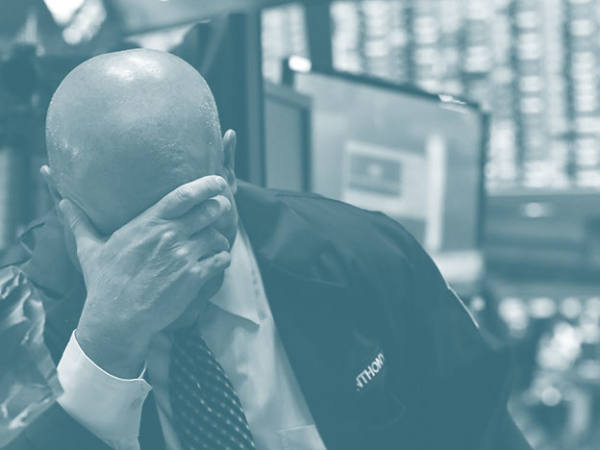Such uncertainty is never good news for markets, of course, and as polls have swung towards Leave and the possibility of Brexit has moved closer to reality, so volatility has increased. The FTSE 100 has given up all of its May gains, and now sits below 6000 again – it was at 6700 12 months ago. Meanwhile, safe-haven assets such as gilts and gold – the subject of this week’s cover feature – have been much sought-after. Yieldless gold is up a fifth this year, and it now costs money to lend to the German government.
This bout of market weakness has come as grist to the mill of the Remain campaign, whose argument to stay within the union has been single-mindedly focused on the economic devastation that would inevitably follow a leave vote. Market volatility, it is suggested, offers a mere taste of what is to come. Yet it is equally possible to interpret this weakness as supportive of the Leave case. That the possible British exit from what is apparently no more than a European trading bloc has, on the face of it, caused such turmoil highlights just how fragile the wider economy and the markets that support it have become. Even if Britain votes to remain on 23 June, the referendum campaign has exposed fault lines in the EU project that are the very reason many wish to leave it in the first place.
I don’t accept either argument: Brexit fears have only acted as a catalyst for an equity wobble that has been brewing for some time. After the sell-off at the start of the year brought an end to a six-year bull market, it should come as no surprise that investors are still nervously awaiting that moment when the music stops for good, and flitting between risk on and risk off in the meantime. Capital preservation is understandably now front and centre in investors’ minds. As Alex Newman points out, buyers of gold and gilts are doing so as an “event risk hedge” – Brexit is just one of these, alongside a continued slowdown in China, Russian aggression in the east, the rise of Trump in the west, and the potential for more trouble in Greece.
So, laying the world’s ills at the door of a nation’s desire for more political autonomy is stretching plausibility – as does many of the economic claims put forward on both sides of the debate, but especially Remain’s. I instead concur with economist Roger Bootle’s view that, when all the shouting has stopped, the most likely impact on the UK economy will be marginal in the short term. Eurosceptic he may be, but his forecasting abilities have proved a lot better than most.










